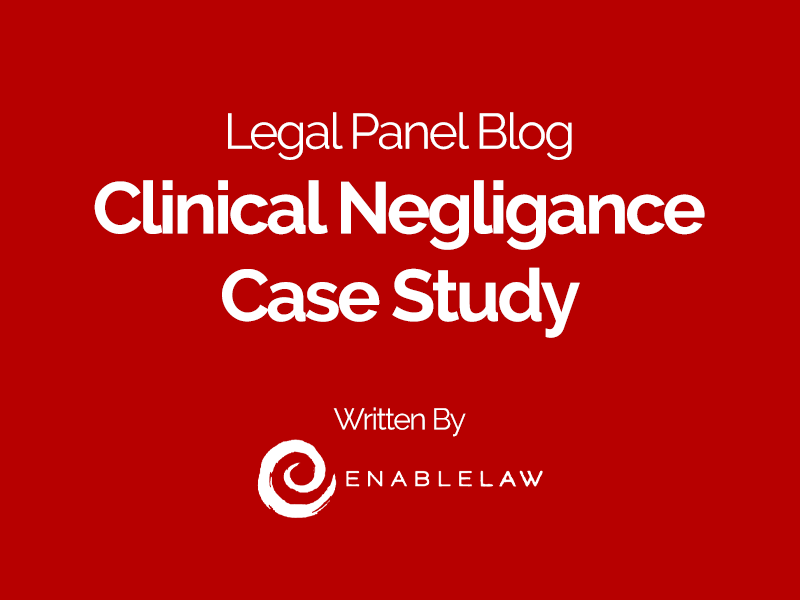Michael was 51 and had type 2 diabetes for 10 years. He was treated with metformin and attained good diabetic control. His had not developed any complications of his diabetes. He was an active walker and enjoyed riverbank fishing and holidays with his partner
He complained of left foot pain and saw his GP. His GP diagnosed plantar fasciitis. He had a steroid injection but developed an infection near the injection site. His infection got worse and he went to Accident and Emergency several times. He should have been referred urgently to the vascular service to check the blood supply to his foot. Unfortunately, because of negligent delays he was seen too late. By then it was too late to save his foot and he had to undergo a below-knee amputation.
He struggled with his mobility. He had phantom limb pain. His NHS prosthesis was poor and he became dependant on a wheelchair.
The specialist amputation team at Enable Law acted for him and brought a claim both against his GP and the hospital. Court proceedings were begun. The hospital made a partial admission of liability but in time had to accept liability in full.
A team of experts was assembled to report on his condition now and what the future held. They included specialists who could tell the court what support he would need to make the most of life – specialists in vascular surgery, diabetes, pain management, psychology, occupational therapy, physiotherapy, prosthetics and accommodation.
There were a lot of issues of dispute in the claim, including how long he would live. This is an important issue because the longer someone is likely to live with disability, the higher the damages they need to meet their needs for life.
As the claim progressed, his solicitors were able to negotiate early part-payments of damages to make life easier in the short-term. This enabled him to have therapy of various types, build up his strength and mobilise with rehabilitation through private prosthetics services provision. Eventually they were able to negotiate a settlement of £1.3 million without the stress of going to trial.
His settlement is life-transforming. He will be able to pay for therapy to manage his pain, access holistic prosthetics services and quality equipment, such as a good wheelchair. He can pay for carers to assist him at home and reduce some of the burden on his family.

This blog post was written by one of our Legal Panel members.
Paul Sankey
Enable Law

